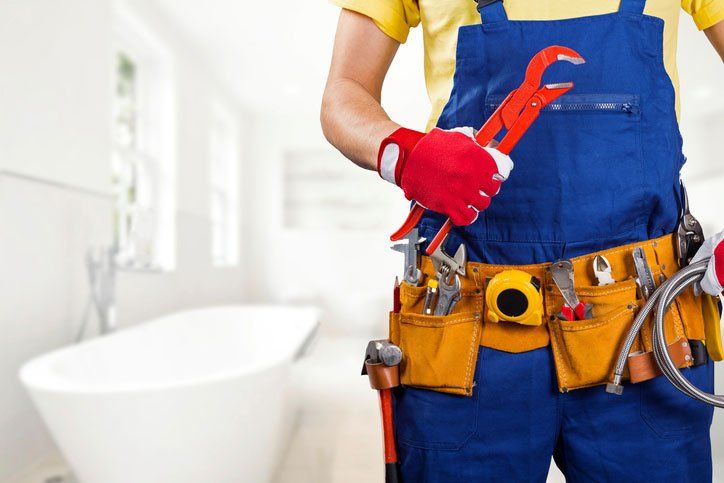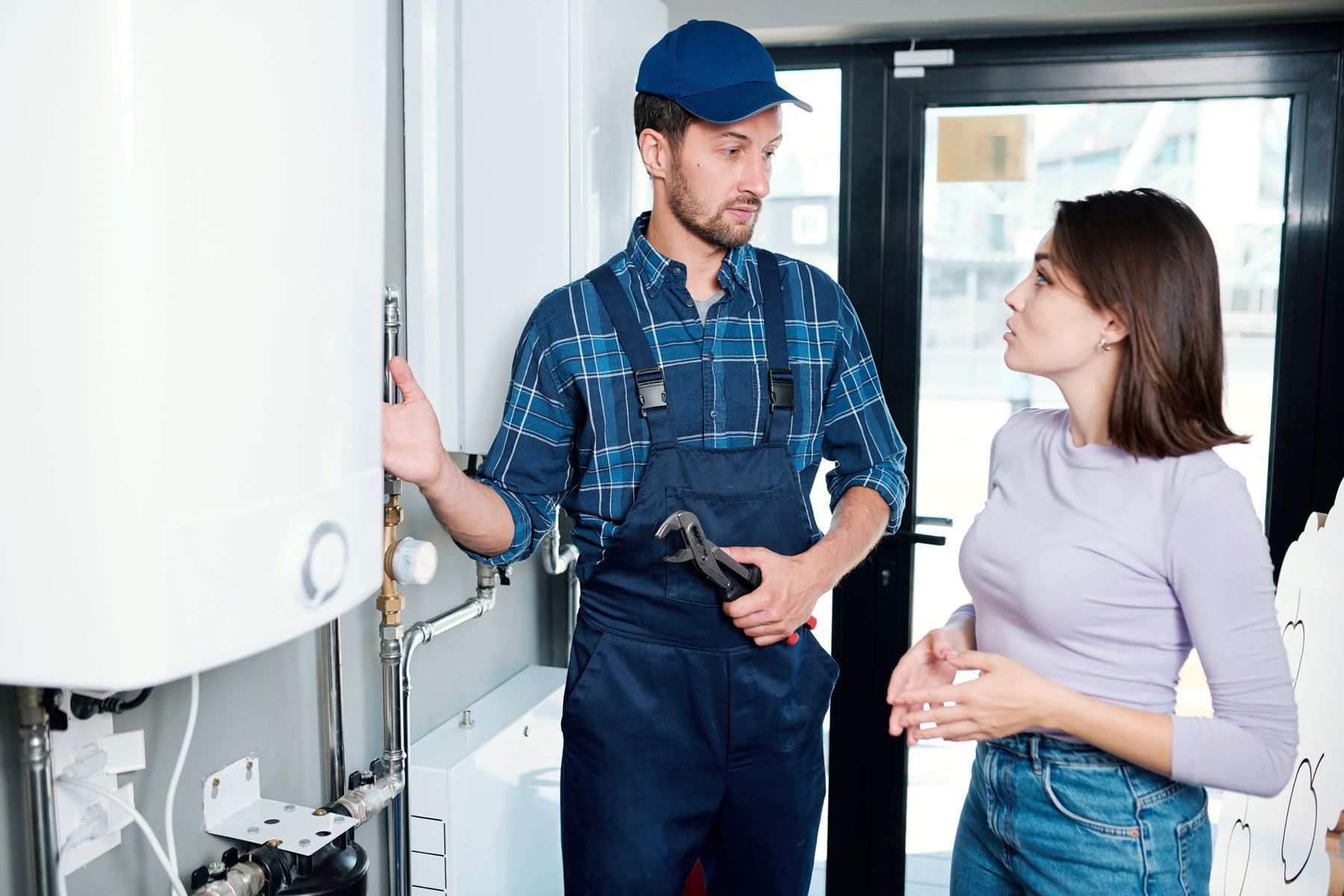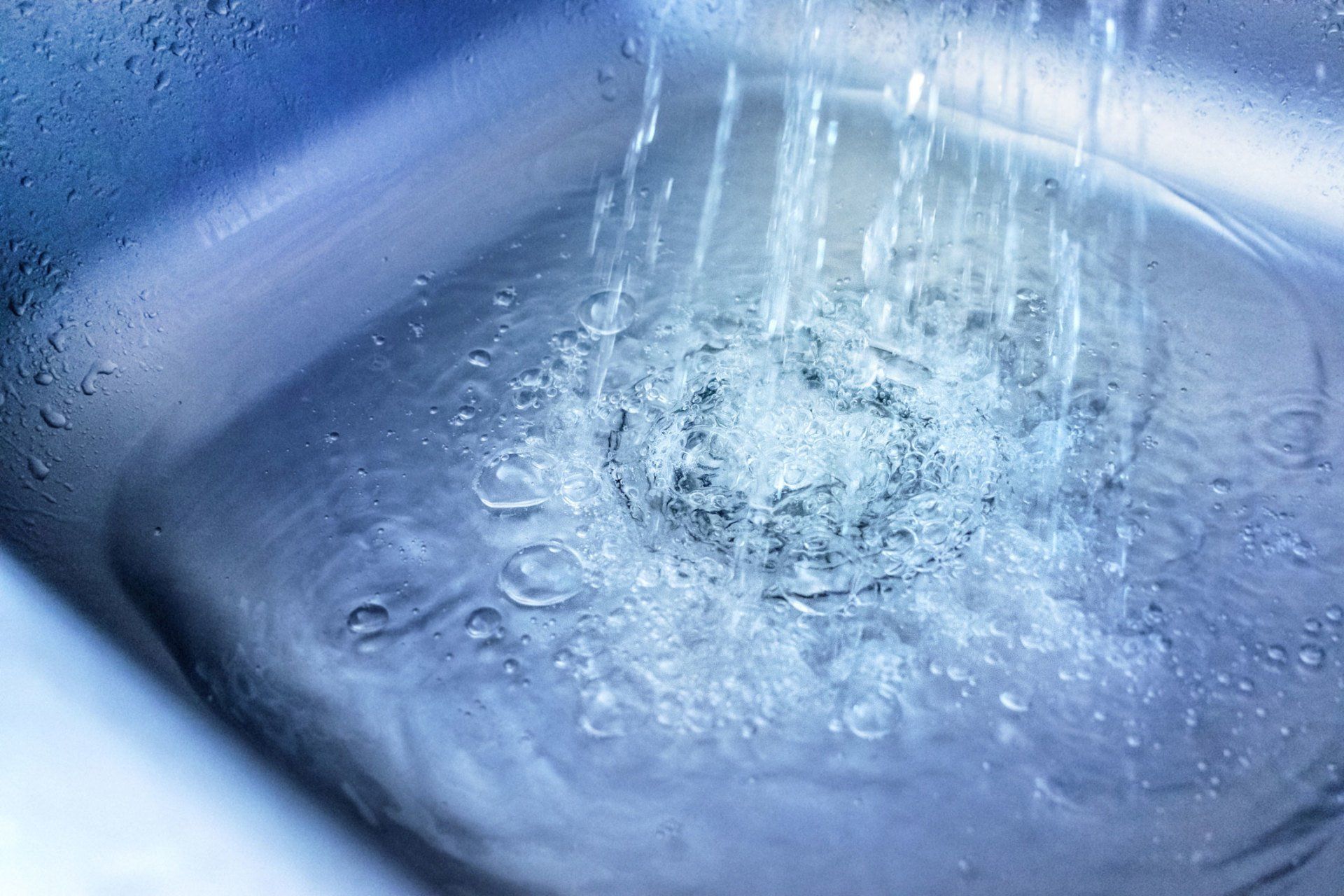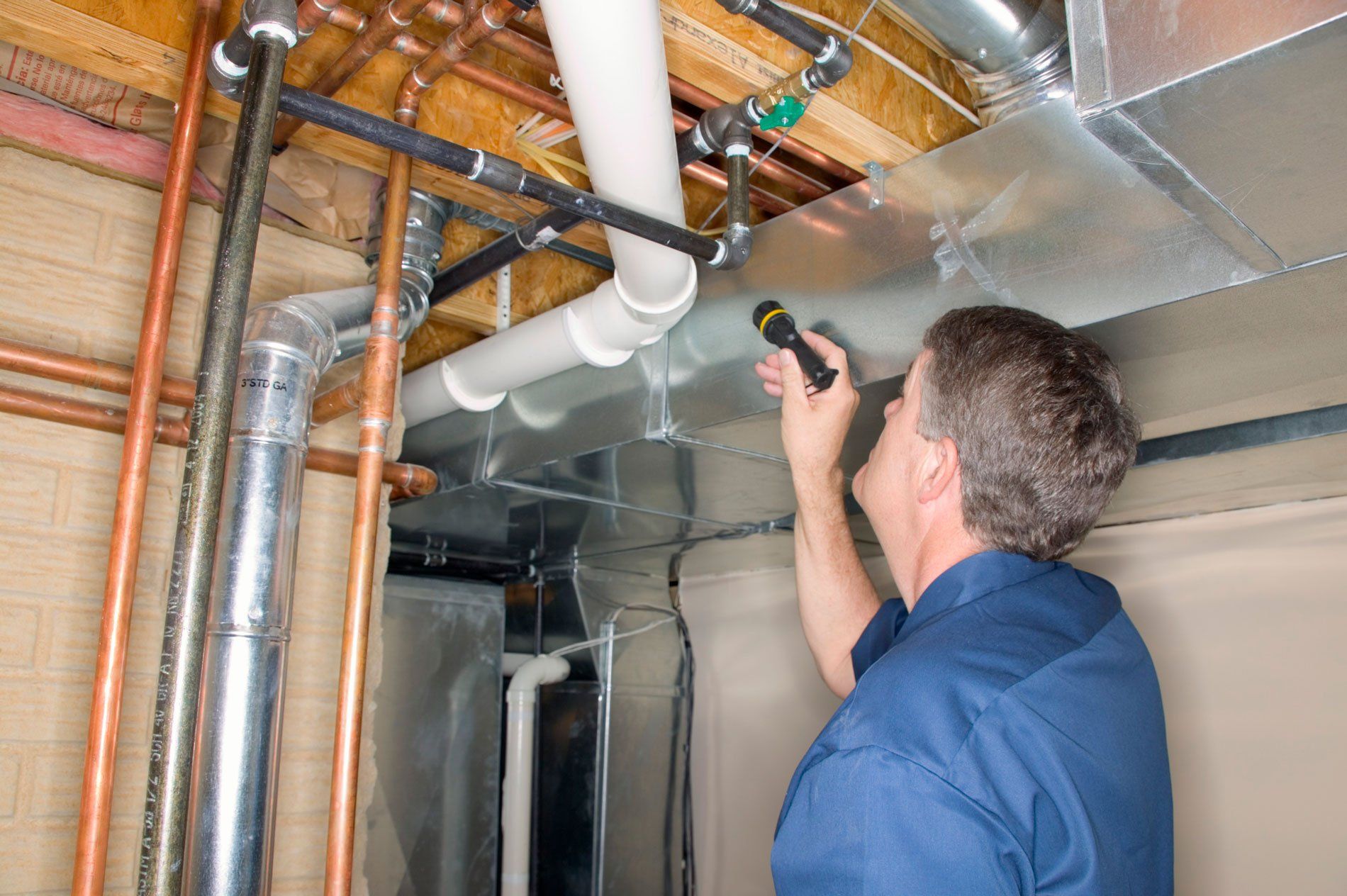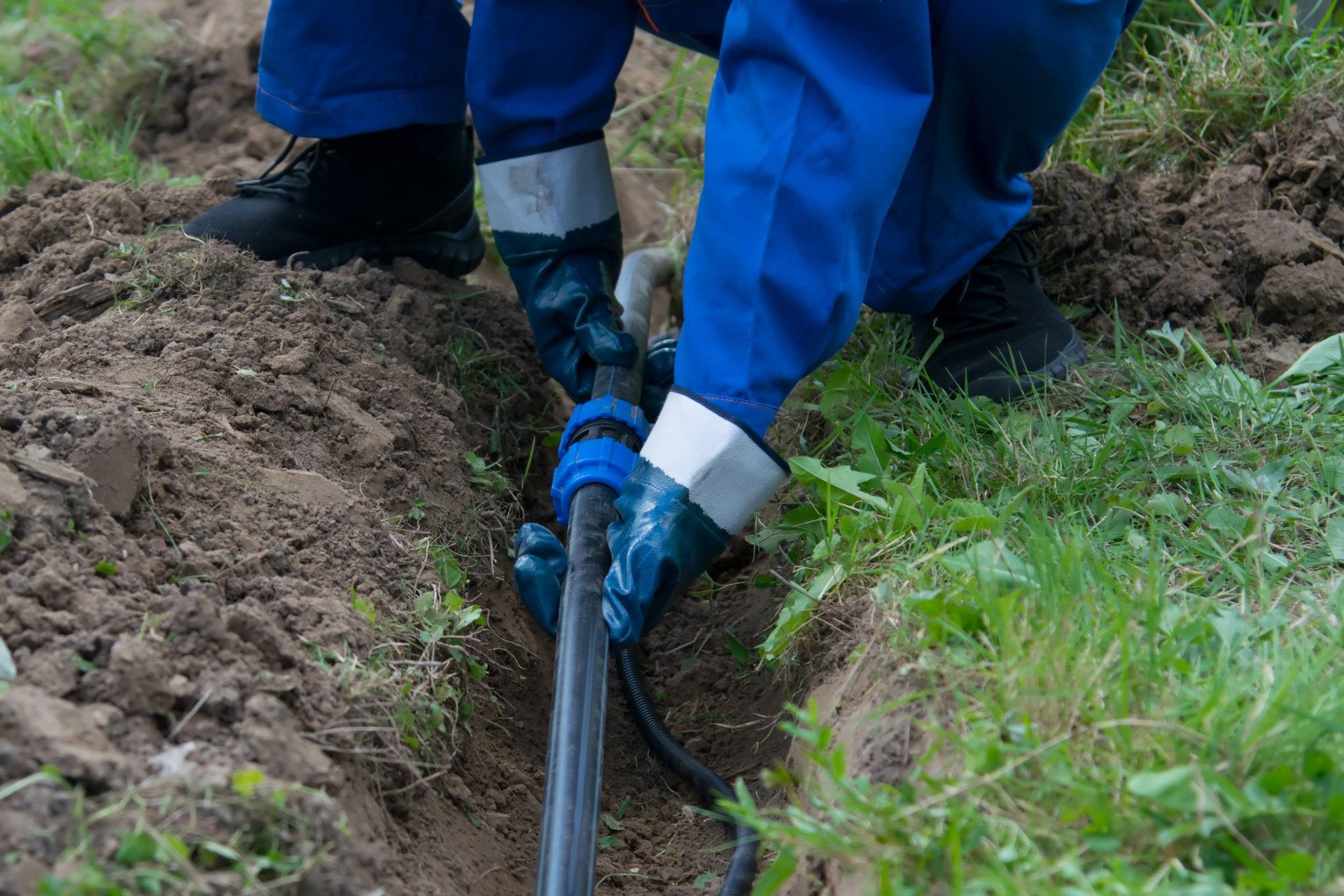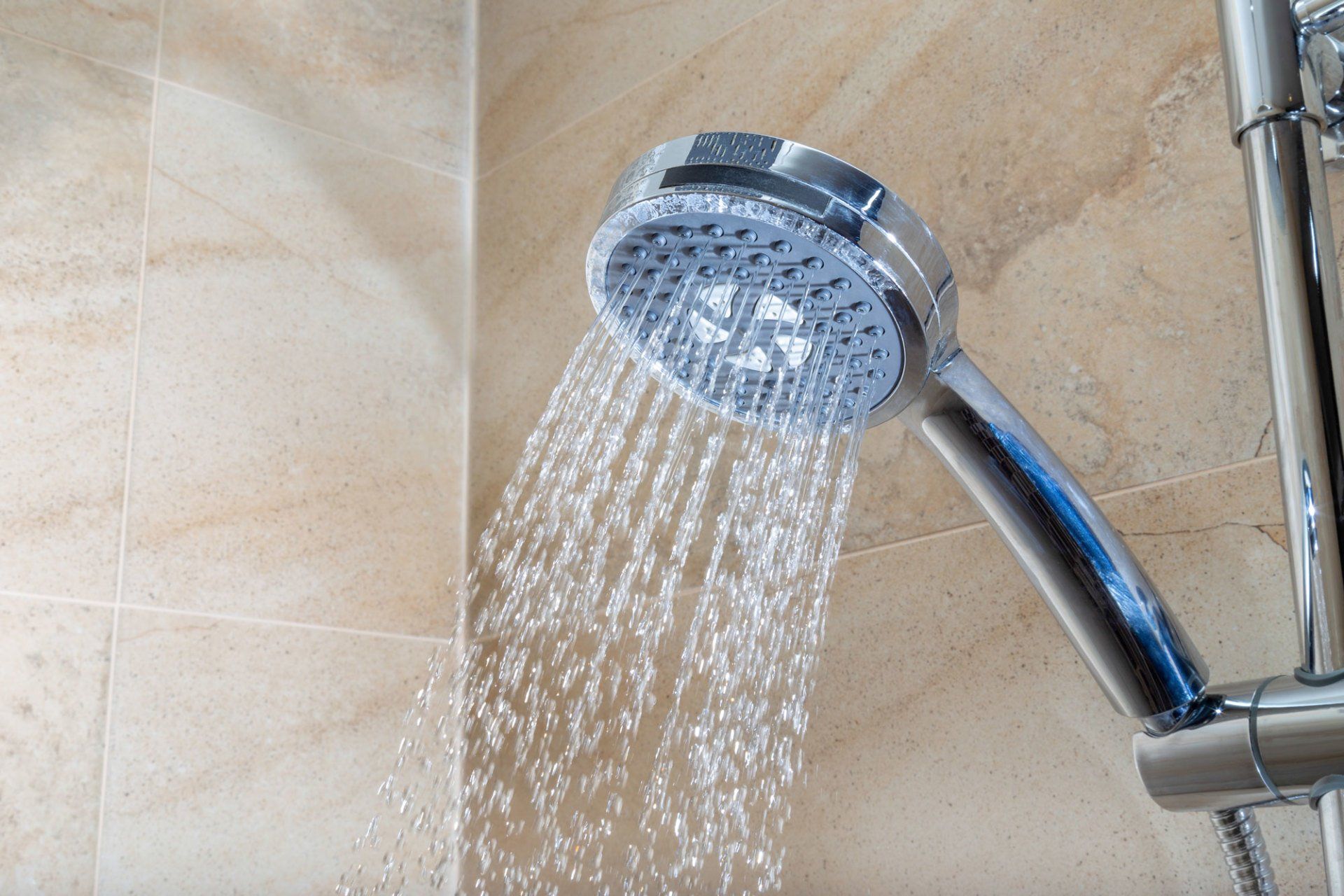1A Florida Plumbing, Inc.
Blog Layout
3 Reasons Your Refrigerator Leaks
admin • May 14, 2019
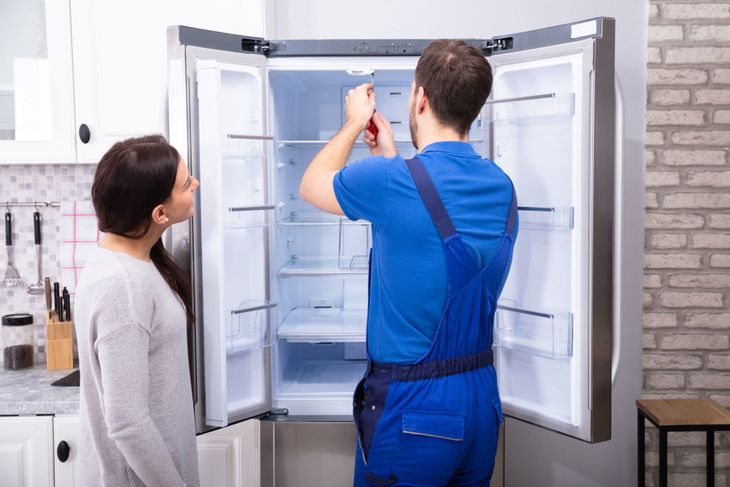
No modern kitchen is complete without a refrigerator. Fridges are getting more and more advanced as the needs of homeowners evolve. At the very least, your refrigerator likely has an automatic ice maker and water dispenser. These features need to connect to your home's plumbing system in order to work properly.
The water that flows into your refrigerator adds convenience to your life but can also serve as a source of stress when your refrigerator's plumbing starts to leak. Water leaks in the kitchen can lead to serious structural damage.
Identifying a leaking refrigerator early and addressing the leak quickly will protect your home and preserve the function of your refrigerator in the future.
1. Faulty Water Filter
Your refrigerator has a water filter that helps to remove any potentially harmful contaminants from the water being fed into the fridge through your plumbing system. The filter plays an important role in maintaining the integrity of the water delivery system.
Filters that are not installed properly will fail to seal completely. This leaves room around the edges of the filter for water to begin leaking. A filter that is not changed frequently enough can also contribute to leaks.
Dirty filters restrict the flow of water and increase the amount of water pressure on hoses and tubing. This increased water pressure can damage hoses and tubing, resulting in water leaks. Be sure that you change the water filter in your refrigerator often and that you install the filter properly to create a watertight seal.
2. Damaged Drip Pan
Another common source of water leaks within refrigerator systems is a damaged drip pan. The drip pan catches any condensation that the defrost drain in your freezer emits. This condensation moves to the outside of the refrigerator where it is supposed to evaporate, but not all condensation runs its scheduled course.
The drip pan prevents any moisture that condenses from damaging your refrigerator and your home. However, many drip pans are hard plastic that is susceptible to cracking over time. Cracks that form in the drip pan can result in pooling water near the base of your refrigerator.
The drain line that funnels moisture into the drip pan can also have blockage, creating the potential for leaks within the drainage system. Locate your fridge's drip pan and clean the pan often to identify any potential damage. Replace the pan with a new one to eliminate any leaks the damage may cause within your kitchen.
3. Faulty Defrost Drain
Condensation is a constant factor within your freezer. The defrost drain works in coordination with the drip pan to help control condensation and prevent the associated moisture from wreaking havoc on your kitchen floors.
The defrost drain can clog over time. Food particles, ice, or other contaminants can restrict the flow of condensation through the drain. Eventually, the water levels will build until they spill out onto your floor.
Clean your defrost drain regularly to help avoid potential refrigerator leaks. Pour some hot water down the drain to melt any ice, and use a piece of wire to dislodge any large food particles. If your refrigerator still leaks after you have flushed and cleaned the drain, contact a plumber to troubleshoot the problem.
Managing the water within your refrigerator is a critical part of plumbing maintenance. A leaking refrigerator can lead to mold and mildew growth. Leaks can also compromise the integrity of the floors and drywall near your refrigerator.
Contact 1A
Florida Plumbing Inc. for help identifying and repairing a leaking refrigerator in your home. We are also happy to answer any of your questions.
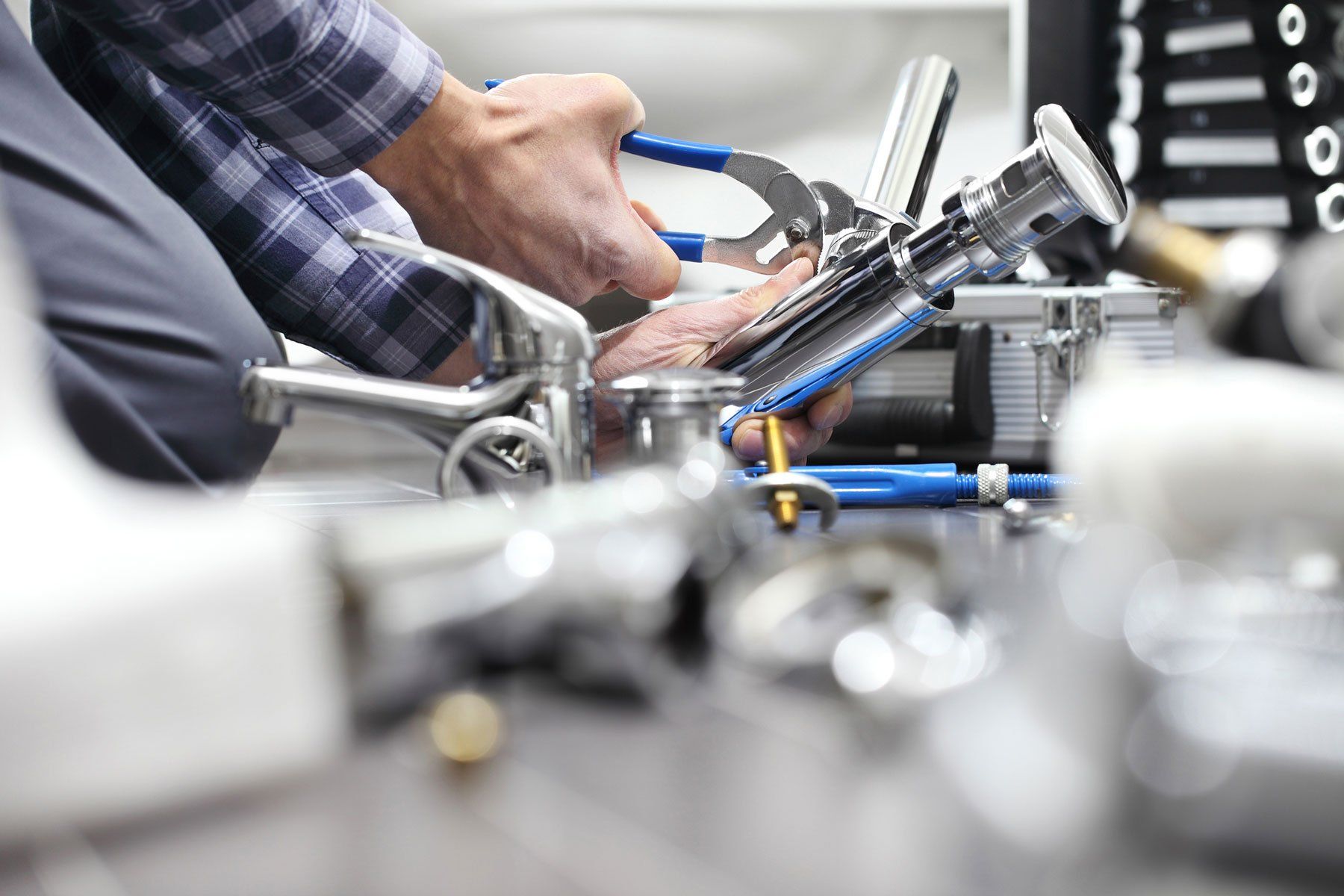
By admin
•
17 Jan, 2019
Did you know that water pipes have a limited life expectancy? Of course it makes sense because nothing lasts forever. But if anything were to last forever, it would be solid chunks of metal, right? Sadly, several forces, such as the corroding effects of water, can come into play and make your pipes unsafe or unstable and leaky over time. Here are some signs that your home may new water pipes this season.
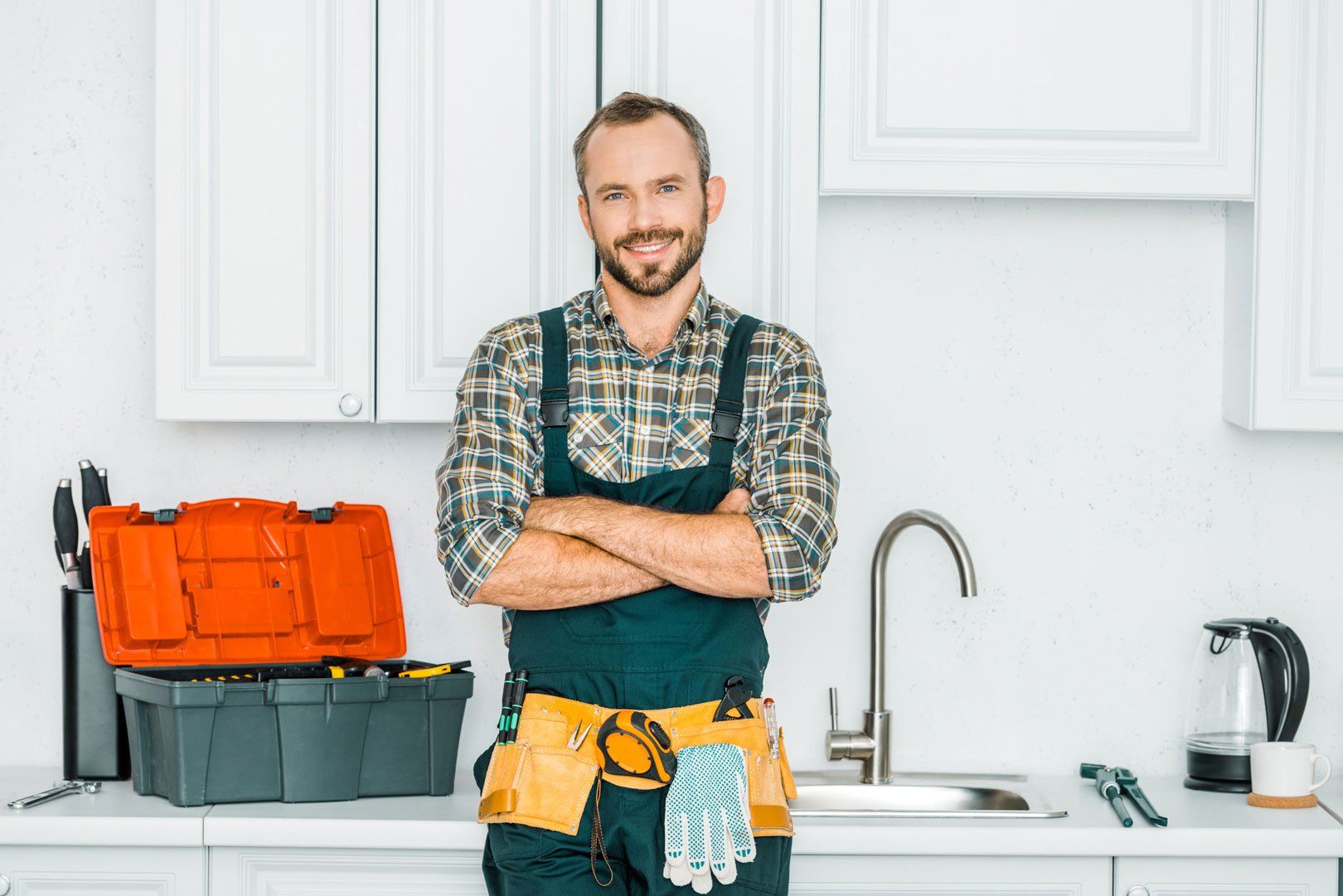
By admin
•
21 Sep, 2018
Most parents, even first-time parents, know the basics of child-proofing a house: including checking for sharp corners, stowing easy-to-grab items higher up, and adding child locks to cupboards, drawers, and doors. However, other parts of your home need an update for a baby that you might not realize, including your plumbing. Follow these simple tips to help your plumbing handle everything your new bundle of joy throws at it.
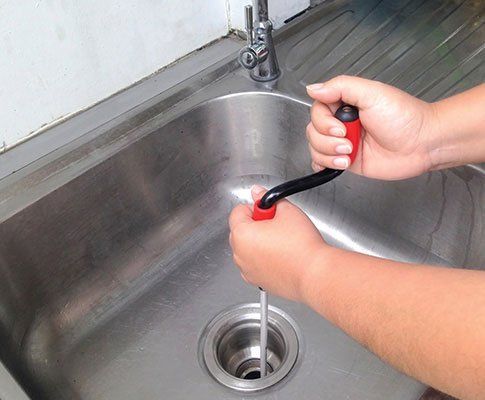
By admin
•
19 Jul, 2018
Plumbing clogs can be a big drag, especially in the summer when you're having yard parties and taking care of kids off from school. Luckily, you can do a few things to avoid clogs in your plumbing this summer. These tips will help you take care of your pipes and keep your home safe from clogs.
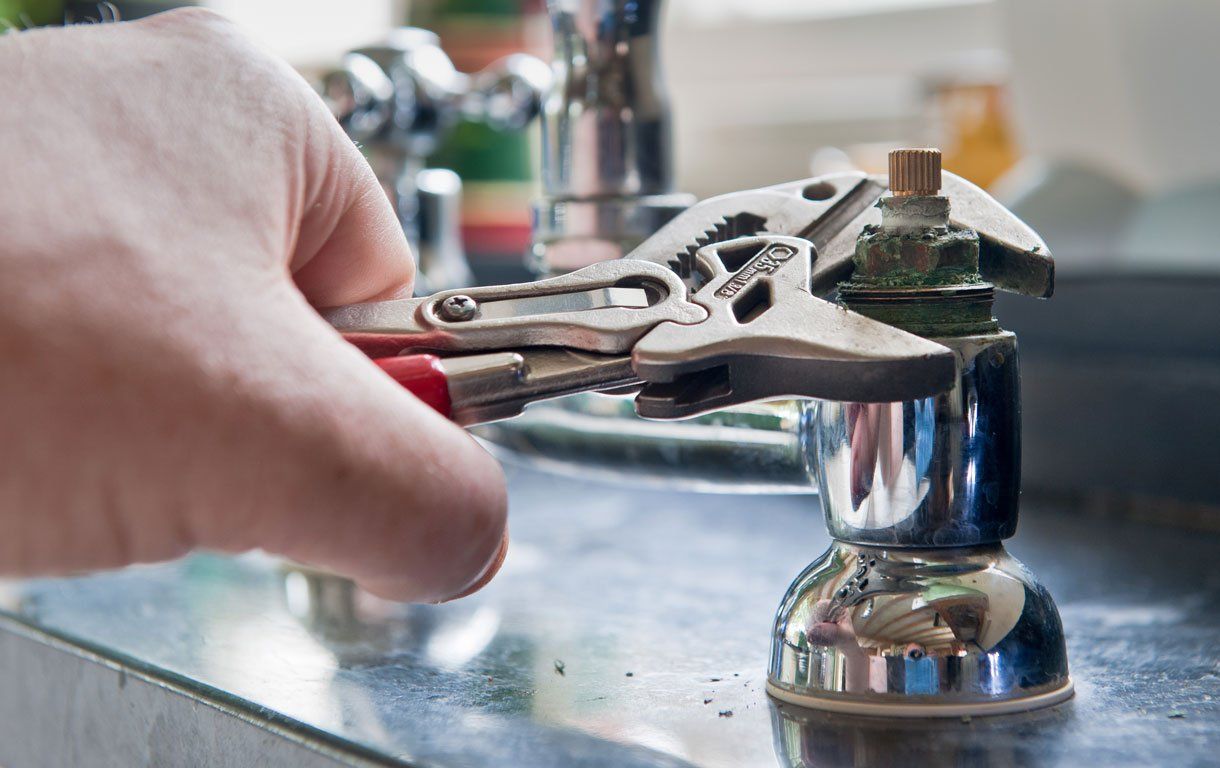
By admin
•
23 Mar, 2018
Most homeowners have experienced the occasional drain clog. You plunge the drain or perhaps use a drain snake, and the drain starts flowing again. Having every drain in your home slow down or stop draining at the same time is a different story. A plunger won't be of much assistance in this case. In fact, the correct way to address the problem depends on its cause. There are three main reasons why your whole plumbing system may stop draining at once. A Full Septic Tank If your home's drains empty into a septic system, your drain problems might indicate that the tank is full. Solids like human waste and toilet paper sink to the bottom of the septic tank, and they accumulate faster than they break down. When the solids start taking up too much space, there's not enough space left for water - so the water and waste you send down the drain won't have anywhere to go. Other signs that you need to pump your septic tank include smelly odors in your yard, toilets backing up, and excessive wetness in your yard. Luckily, your septic company can pump your septic tank in the span of a few hours, and your drains should flow freely again. Going forward, have your septic tank pumped every three years to prevent slow drains. If you flush cat litter, feminine hygiene products, paper towels, or anything other than human waste and toilet paper, solid waste will build up in your tank faster than normal and may lead to the need for more frequent pumping. A Blocked Sewer Line If you live in a more suburban or urban area, your home may be connected to a sewer system rather than a septic tank. There's a large pipe, about four inches in diameter, that carries all of your waste and wastewater into the public sewer line. The main drain line is prone to clogs, and when it does clog, every drain in the home can slow down or become blocked completely. Signs of a clogged sewer line are similar to those of a full septic tank. Every drain will slow down, and you might notice foul odors coming from your drains. Sometimes, sewage may back up into a sink or tub. Water may also back up into your washing machine. Your plumber can locate a main sewer line clog using a specialized camera. Many clogs are caused, at least in part, by tree roots growing into the line. Your plumber may mechanically remove the tree roots or even replace the overgrown line if the root growth is substantial. In the meantime, avoid flushing anything other than human waste and toilet paper. Napkins and wet wipes can get caught on roots and make the clog worse. A Plugged Sewer Vent Many homeowners do not realize that their sewer pipes have vents. The vents allow gas to escape, keeping your sewer lines at a low enough pressure to allow them to drain. Most sewer vents are on the roof. They can become clogged with snow, leaves, animal nests, or sewage. When a sewer vent blockage causes slow drains, you'll often notice gurgling noises coming from the drains. You may even see bubbles coming up into a full sink or toilet. The solution for a blocked sewer vent depends on what's causing the blockage. Your plumber can clear snow away and extend the vent to prevent future snow blockages. If debris is to blame, your plumber may use a grabbing tool to remove the debris and then replace the sewer line cap to limit future debris accumulation. Sewage clogs must usually be cleared with a plunging auger. All three of the problems above need to be dealt with by a professional plumber. If you're looking for a plumber in Miami-Dade County or Broward County, contact 1A Florida Plumbing, Inc. to make an appointment today.
BROWSE OUR WEBSITE
CONTACT INFORMATION
Phone: 786-991-6980
Email: 1afloridaplumbing@gmail.com
Address: 8961 NW 12 Pl Plantation, FL 33322
Business Hours
- Mon - Sun
- -
24/7 Emergency Service
Licensed and Insured


















OUR LOCATION
Content, including images, displayed on this website is protected by copyright laws. Downloading, republication, retransmission or reproduction of content on this website is strictly prohibited. Terms of Use
| Privacy Policy
